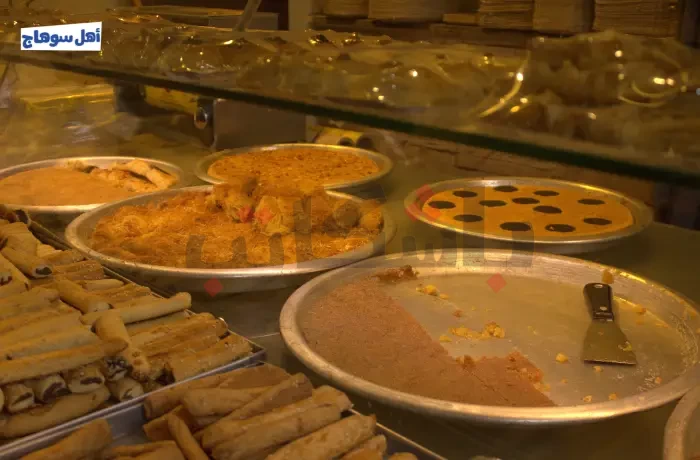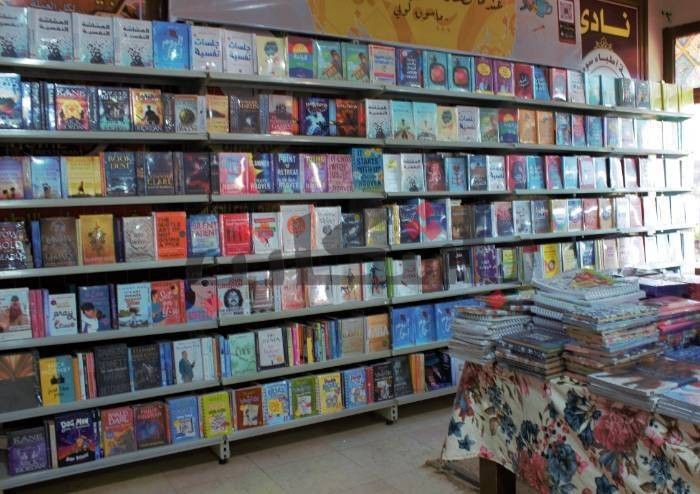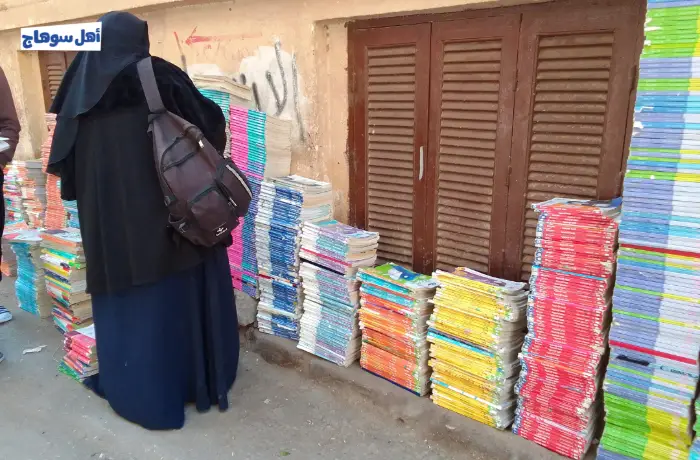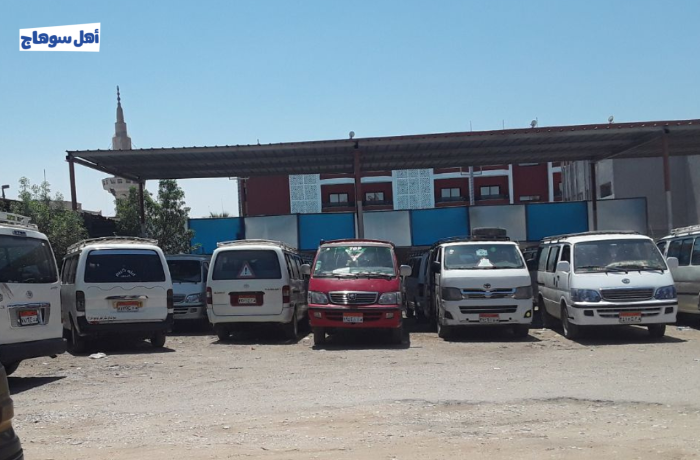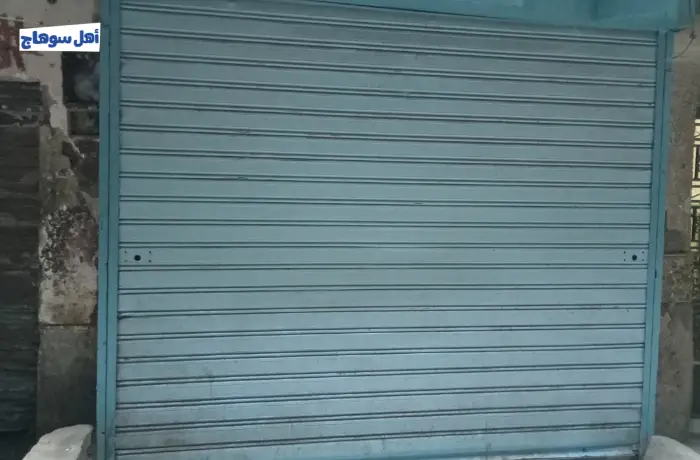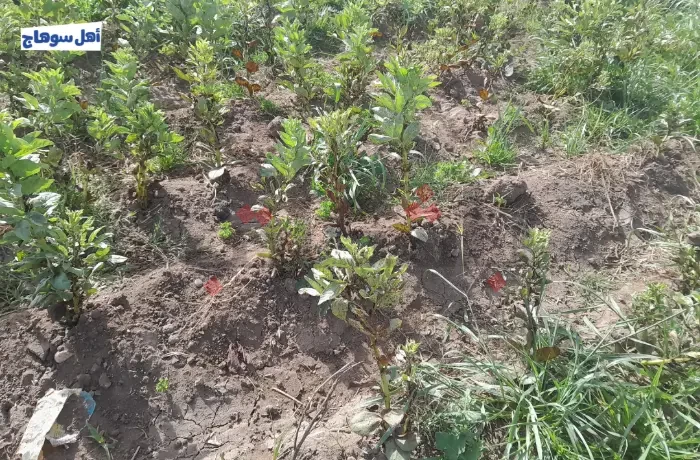During the holy month of Ramadan, certain sweets like Qatayef, Kunafa, and Basbousa are in higher demand. These sweets all require sherbet, which housewives typically make using sugar.
This skyrocketing price of sugar, if anyone managed to find and buy, was reflected on the prices of ready-made sweets, also on the housewives’ ability to prepare them at home.
Mohsen Abbas, a citizen, says that his wife no longer prepares sweets at home as often as she used to be, in order to cut down sugar consumption as much as possible.
The same crisis is experienced by Essam Ali’s family; they used to prepare Zalabia and Qatayed in Ramadan, but as they have sugar as the main ingredient, the family’s table was sweetless this year.
“Sweets are among the main dishes in Ramadan, but as sugar costs 60 EGP per kilo, if we manage to find it, we get to eat sweets one or twice a week, for all sweets are drowned in sherbet. We’ll also cut down sugar in tea and coffee, having one spoon instead of three,” said Essam.
Mervat Ali, a mother of three, agrees with Essam; she thinks that sweets are imperative in Ramadan, as it also encourages her children to fast, “sugar’s price is ridiculous this year, my salary is 5,000 EGP only, I can hardly provide the basic food items at home.”
Mervat decided to reduce the amount of sugar in sweets and rely more on juice, even though her children love sweets, “I’ll cut down the quantities to reduce sugar consumption. There’s a shortage of sugar in the markets, and it’s also expensive.”
Some families resorted to reducing sweets in Ramadan, while others had to stop eating them, among them Mohamed Al-Nidi’s family; Mohamed is 48 years old, his salary is 1,500 and has two children, this year he decided to remove sweets from Ramadan’s menu, due to the rise in sugar and oil prices.
“Things are expensive out there, Basbousa used to cost 50 EGP per kilo, now it is 110 EGP per kilo, and it won’t be less expensive if we prepared it at home, so we had to cancel sweets this year,” said Mohamed.
The sugar crisis has significantly impacted demand for sweets, according to Sherief Al-Halawani, a 23-year-old employee at a sweets shop. He notes that this year, there has been a noticeable decline in demand for sweets. The situation has become so challenging that the shop owner is considering either closing the shop or switching to a different business due to the rising sugar prices.
Sherief clarifies that the shop is suffering heavy losses and the owner couldn’t increase the prices so customers won’t stop coming, at the same time, the owner is solely bearing the losses due to the increase in the raw materials’ prices, “last year, a sack of cocoa cost between 500 and 600 EGP. This year, the price has skyrocketed to 2,500 to 3,000 EGP; sugar and cocoa are essential ingredients for making sweets.”
Sherief doesn’t depend on buying sugar from wholesalers, but rather seizes the opportunity of any sale in the supermarkets. This strategy helps him keep the prices of sweets in the store stable, ensuring that customers continue to buy despite the rising costs.
Ali Al-Sayed, bakery shop owner in Sohag, indicates that the demand this year has declined significantly due to the sugar crisis, sales are reduced by 40% compared to last year, for sugar price increased from 21 EGP per kilo to 60 EGP per kilo.
